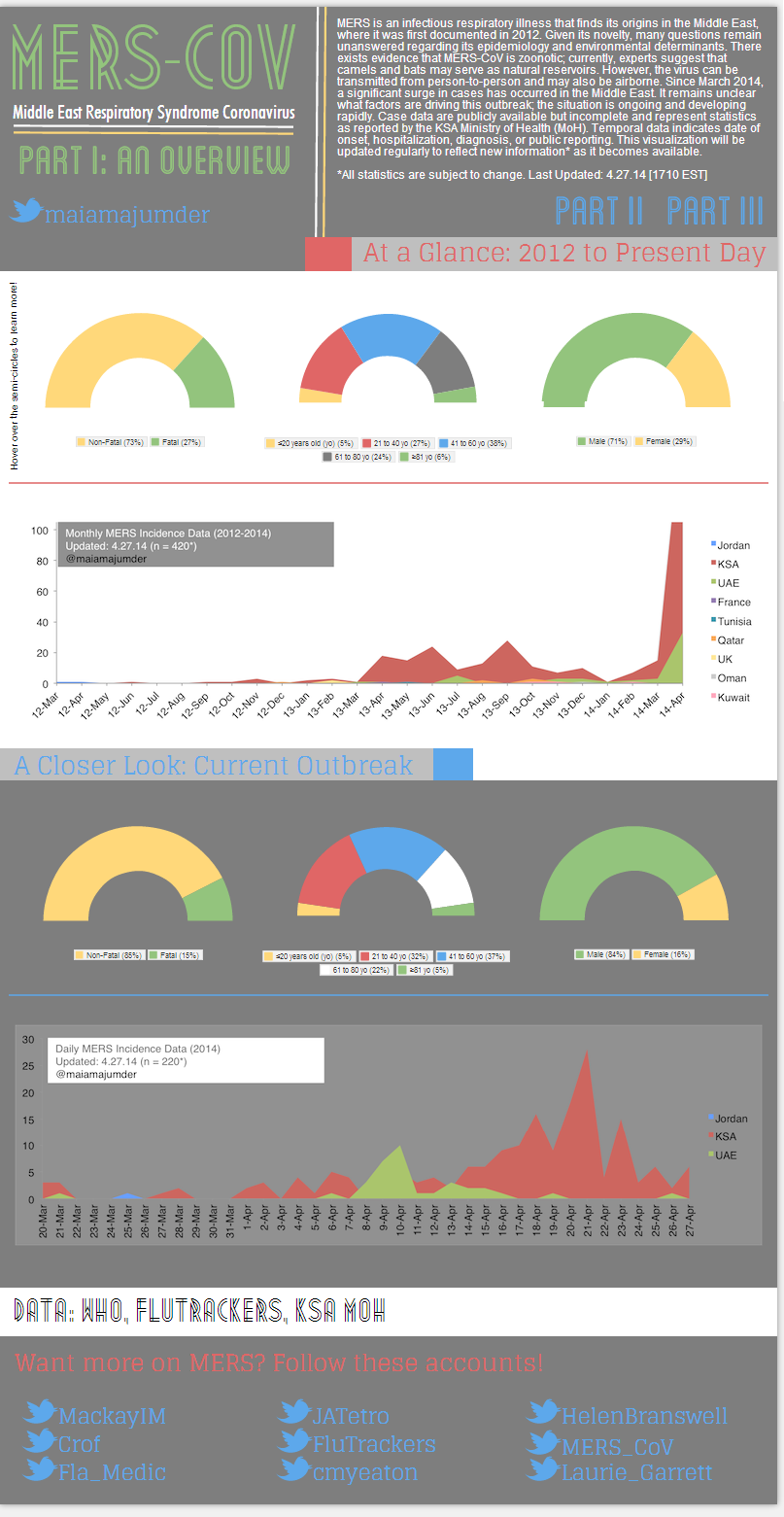When crossing borders in small numbers, few take notice of it. But when the numbers increase to a critical mass, the world takes notice.
It is infection.
Today, the infection the world is paying serious attention to is the MERS virus, and watching its spread from Saudi Arabia into other countries in the Middle East and North Africa and beyond.
Countries whose hospitals have identified MERS in patients from the Middle East now include Turkey, France, Germany, Greece, Italy, UK, Malaysia and the Philippines. Canada is reported to be on “red alert” against the threat of MERS.[Tweet “MERS outbreak should have all of medical tourism alarmed.”]
MERS Outbreak
MERS has now been officially classified as an outbreak in parts of Saudi Arabia. A large number of cases have also been reported in Abu Dhabi. The current outbreak of the MERS viral disease in Saudi Arabia should have all of medical tourism alarmed.
MERS infection rates
2012: 9 reported cases
- 6 in Saudi Arabia, 2 in Jordan, 1 in Qatar. 6 deaths.
2013: 170 reported cases
- 130 in Saudi Arabia, 13 in UAE, 8 in Qatar, 8 in other MENA, 11 other. 62 deaths.
2014 to date (April24): 238 reported cases
- 193 in Saudi Arabia, 39 in UAE (34 of which in Abu Dhabi), 6 in other MENA. 43 deaths to date. These rates are growing daily.
Countries affected by MERS
The Saudi Ministry of Health now daily issues reports of new cases and deaths. The World Health Organization is closely monitoring the situation. According to the WHO, most of the recent MERS cases have been frontline caregivers. These are often foreign doctors, nurses and other health care workers from countries like Philippines, Egypt, India, Jordan. Many have died, including at least one doctor.
Governments in the affected region as well as embassies whose citizens are foreign health care workers in the region are also paying close attention. Countries that experience regular traffic to and from the Middle East are taking precautions. Many already worry about the movement of travelers during the annual Hajj pilgrimage to Mecca, Saudi Arabia, which this year happens at the beginning of October.
Hospitals take MERS-related precautions
“Malaysia’s Ministry of Health sent out an advisory on MERS earlier in the year. Our ER team was put on alert to look out for potential cases since we see so many expatriate and foreign tourists, and we have a lot of people who travel in the course of their work,” says Dr. Su-Lin Chong, CEO of Prince Court Medical Center in Kuala Lumpur, the leading World’s Best Hospital for Medical Tourists™.
Hospitals such as Prince Court and Saudi German Hospital Dubai, a medical tourism certified hospital, have Negative Pressure Rooms where infected patients can be isolated from the population. These special rooms have special ventilation systems designed to prevent contaminated air from escaping to other parts of the facility.
Need more information for medical tourists
The current crisis draws attention to how little information patients and medical travel facilitators truly have about the quality of treatment and care at a hospital or clinic – beginning with a few simple numbers, ones that tell us about rates of infection.
Today it is MERS. Tomorrow it may be another rapidly moving virus or infection. [Tweet “Medical tourists, facilitators, doctors need to know infection rates data.”]
On a daily basis, patients and their care managers need to rely on data about this or any infection prevalent in a hospital or clinic. If ever there was a good time to start insisting on infection data, it is now, when governments, global public health officials and news organizations are also asking for it.
Infection data not only is collected by hospitals and clinics but in most jurisdictions it is required to be reported to a public health authority. In many places, this data is available to the public. All one needs to do is ask for it.
Hospitals and clinics can make this data available if they choose – and will do so if enough patients, doctors and medical travel facilitators keep asking.
How is your medical facility preparing for MERS?
See also
Controlling MERS And Other Infections
Glove Use Guidelines
Links to track the progress of MERS
Twitter updates from
@MackayIM, @Crof, href=”https://twitter.com/Fla_Medic”>@Fla_Medic, @JATetro, @FluTrackers, @cmyeaton, @HelenBranswell, @MERS_inSAUDI, @Laurie_Garrett


 >
>